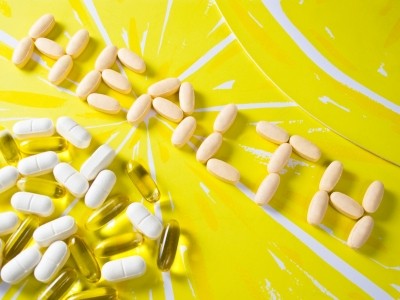Irish government signal intentions as food supplement VAT guidance published

The guidance sets out the VAT treatment of food supplements and other substances subject to the standard 23% rate that also include sports nutrition supplements, slimming aids, and ointments made from food ingredients.
However, other products such as certain folic acid, vitamin and mineral products licenced and/or authorised by the HPRA remain exempt.
The plans have been met with fierce opposition by ethical supplement company Viridian Nutrition as well as organisations such as the Irish Association of Health Food Stores (IAHS) and Irish Health Trade Association (IHTA).
‘Relieve overburdened health system’
In a joint statement, the IAHS and IHTA said, “Most food supplements (excluding sport nutrition and beauty supplements) have had a traditional VAT rating of 0% for over 40 years.
“Without legislation enshrining this, Revenue have committed to applying VAT at 23% on all food supplements from early 2019.
“Considering that these items are being purchased by people primarily to maintain good health and by extension relieve some of the stress on the already overburdened health system then the idea of taxing it is seen as a somewhat bizarre initiative.
“While we wait for a formal announcement at Budget 2019 or the Finance Bill, it is certainly expected that yet again consumers are being required to pay more for something which the Government should encourage rather than tax.”
Government response
Contained in an email sent to Minister for Finance Paschal Donohoe last October, lobby group Retail Excellence believed the 23% charge would be detrimental to employees’ health.
In an extract published in Irish industry newspaper Fora Retail Excellence spokesperson Tommy English stated the tax hike would divert sales from Irish retailers to “cheap overseas” e-commerce platforms.
English added that the levy would also lead to “the import of products which may be unsafe for consumption and consequently a fall in tax revenue for the Exchequer”.
A Department of Finance spokeswoman responded by saying the minister has, separate to Revenue’s decisions on interpretation, agreed to “put in place a process … to examine some of the policy choices around the VAT treatment of food supplements”.
The government’s proposals are a repeat of 2014 plans in which authorities threatened to place a 23% VAT levy herbal teas as well as health supplements.
However, the IAHS told members in June of that year that the higher VAT rate would not apply to herbal teas due in part to “industry lobbying”.
“We have been here before with herbal teas with the same arguments. In that case the Government backed down from applying VAT,” said tax advisor Ciaran Hurley.
“Health food retailers say that their customers will see it to be more a case of the government looking for yet another easy way to tax the consumers pocket and they will vehemently resist this move.”















